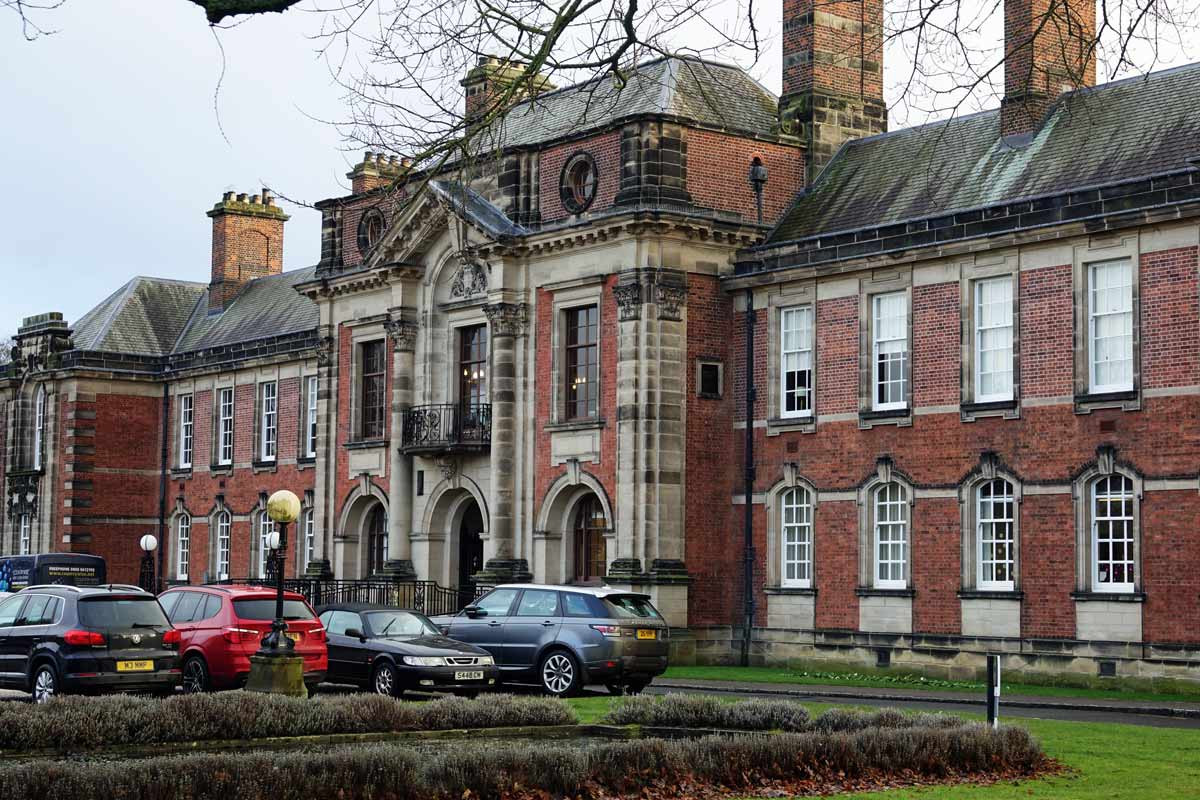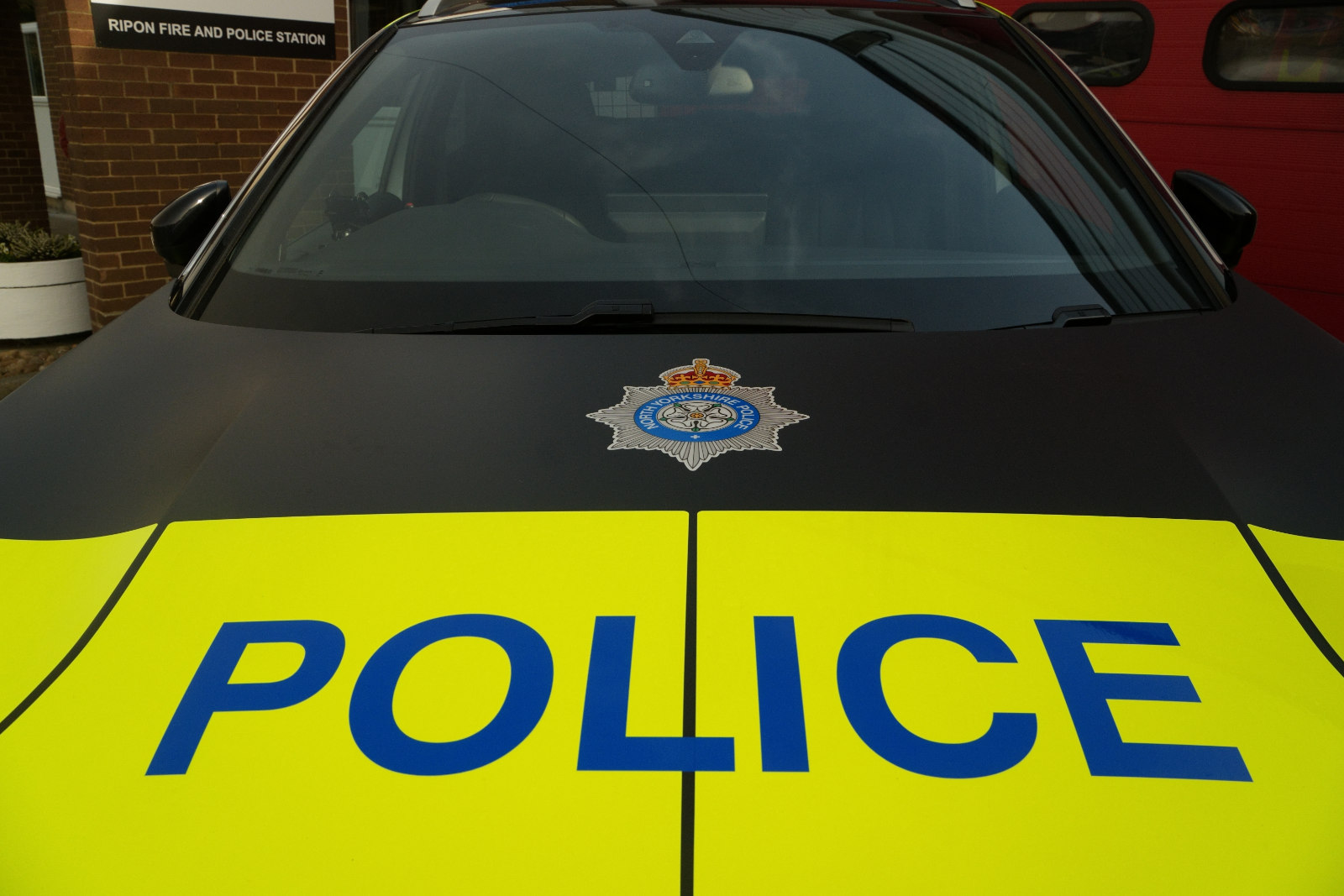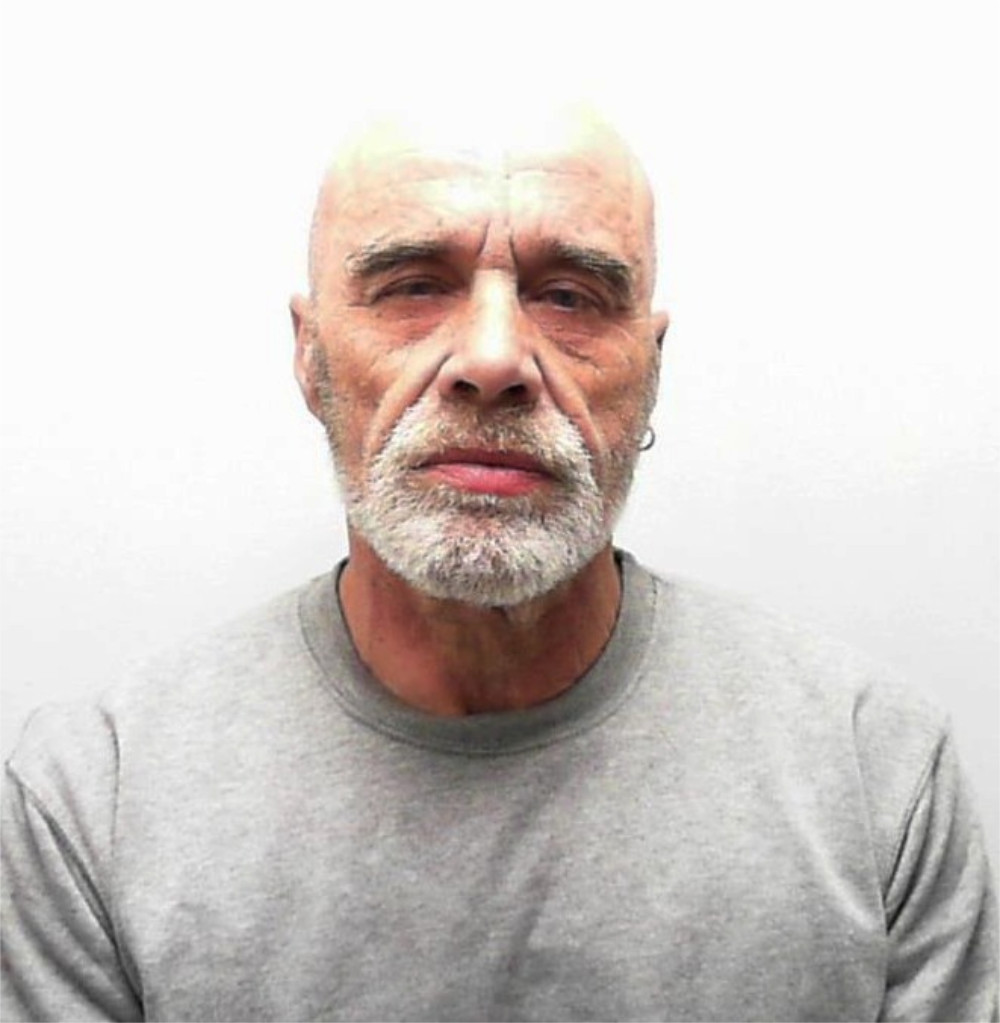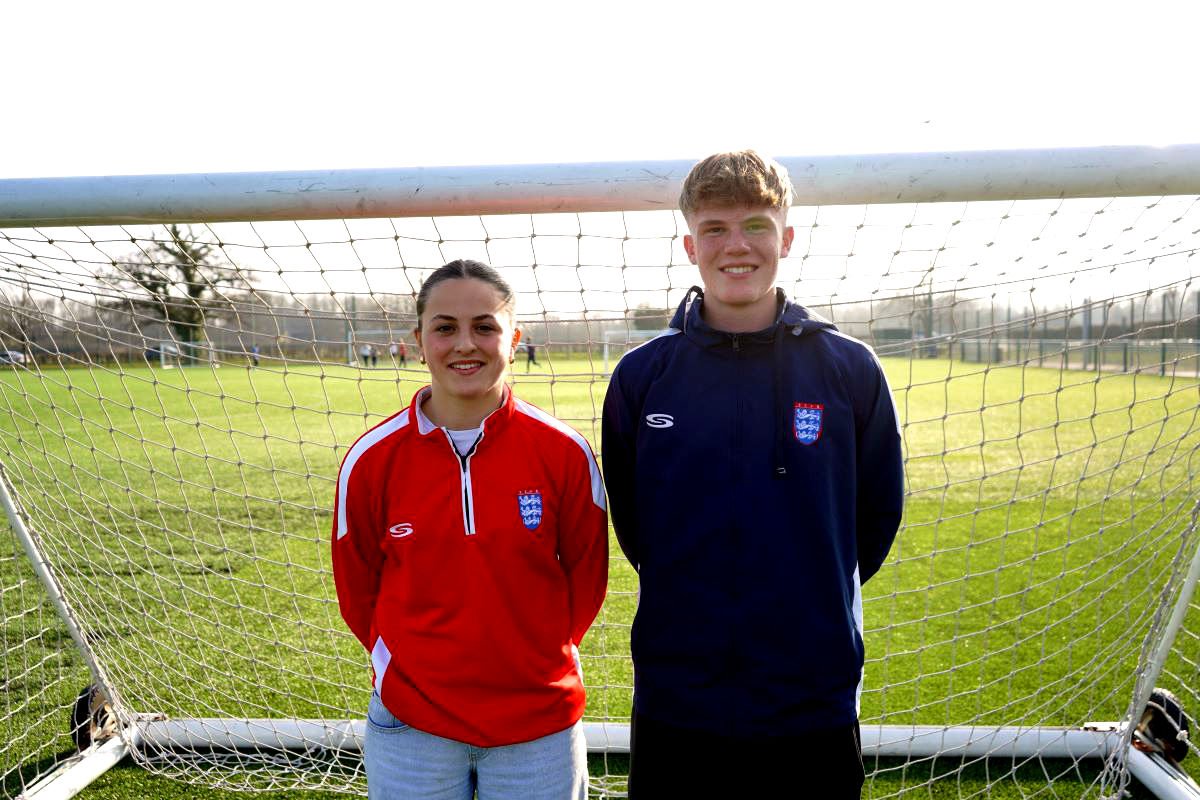Taxpayers have been warned that North Yorkshire Council has been handed one of the worst funding settlements in the country by the Government that has left a £5 million deficit in the authority’s new budget.
The council is facing the multi-million pound shortfall after Ministers have been accused of diverting financial support from rural communities towards towns and cities.
The authority’s executive will consider the next financial year’s proposed budget, which includes plans to instigate a 4.99 per cent rise in council tax to counter the deficit, when members meet on Tuesday next week.
The council has been given the fourth worst core funding settlement in the country – the other three local authorities also cover large rural areas in Herefordshire, Rutland and Shropshire.
Core spending power is a measure of the resources which are available to local authorities to fund essential services ranging from waste collection and recycling to social care and highways maintenance.
It sets out the money that has been made available to councils through the finance settlement from the Government, although it is based on the principle of a 4.99 per cent increase in council tax.
North Yorkshire Council’s leader, Cllr Carl Les, said:
All councils across the country are facing immense financial pressures but the funding settlement which we have been handed by the Government will mean that we are faced with an even tougher situation than we had expected.
We are acutely aware that all of our communities are feeling the impact of the cost of living, and we certainly do not want to compound those pressures.
However, we are now faced with a council tax rise of 4.99 per cent to help to counter the multi-million pound shortfall which we are facing in the council’s budget for the next financial year. If we don’t push ahead with the 4.99 per cent increase, the financial deficit will be even worse.
The Government has pledged to conduct a review of local government funding, and I would urge Ministers to ensure that there is a fair deal for all local authorities, whether they are responsible for large rural areas such as ourselves or towns and cities.
The biggest funding pressures in North Yorkshire for the new financial year from April 1 have come about because of the loss of the rural services delivery grant as well as the rising costs of National Insurance contributions.
North Yorkshire Council received the greatest share nationally of the rural services delivery grant with £14.3 million in funding each year.
The £110 million package of funding for councils covering rural parts of England was a recognition from Westminster of the challenges of providing services.
The £5 million financial shortfall has been compounded by the unrelenting demand for care of older people, working age adults, and children and young people.
The county’s sparsely populated communities have heightened the challenges of providing services to the public, as economies of scale are far diminished when compared to more urban areas of the country.
The council spends more than £50 million each year on home to school transport and the policy has had to be revised after costs have more than doubled since 2018/19 when it was last reviewed.
The costs to the authority per pupil for home to school transport is more than three times as high as the average for other English councils due to vast rural areas of the county and the distances travelled.
Each hour of social care in North Yorkshire’s rural communities can cost £5 more than in other parts of the country because of the travel costs and the longer journey times between clients. North Yorkshire Council purchases more than two million hours of care for people in their homes each year.
Chancellor Rachel Reeves announced in the Budget in October last year that the rate that employers pay in National Insurance contributions will rise from 13.8 per cent to 15 per cent on workers’ earnings from April next year.
The decision has left North Yorkshire Council facing a predicted £7 million shortfall, even with an estimated £5 million grant from the Government to cover the rising cost of National Insurance contributions.
Once all aspects of the local government settlement are taken into account with some funding increases in specific grants, North Yorkshire Council has still been left with the £5 million overspend.
North Yorkshire Council’s deputy leader, Cllr Gareth Dadd, whose responsibilities include the authority’s finances, said:
We will carefully consider the budget proposals when the executive meets as we want to ensure that we are offering the very best value we can for our residents and businesses.
However, we are faced with some very tough choices to try to balance our books. We are due to have to use our financial reserves to cover the deficit which means that once that money is spent, we cannot recoup it.
The council’s share is by far the largest percentage of the council tax bills, which also include precepts for police and fire as well as town and parish councils.
The executive will consider the financial plan for the next financial year before the proposed budget will then be discussed at a full council meeting next month (February) before it due to be adopted.
The council’s proposed budget for 2025/26 would see a rise of council tax of 4.99 per cent, including a two per cent precept for adult social care, in North Yorkshire to counter the financial challenges, equating to an increase of £92.18 per year for an average Band D property to a total bill of £1,939.54.
Following the launch of North Yorkshire Council in April 2023, a plan has been drawn up to achieve more than £52 million in further savings – although this has still left a predicted £34 million annual deficit by March 31, 2028.








I’m sure you haven’t scrimped on bonuses, ridiculous expenses and salary increases. Why should we pay more council tax when we don’t have decent roads or paths. let’s not even start about the recent paths and roads being left frozen and impassable